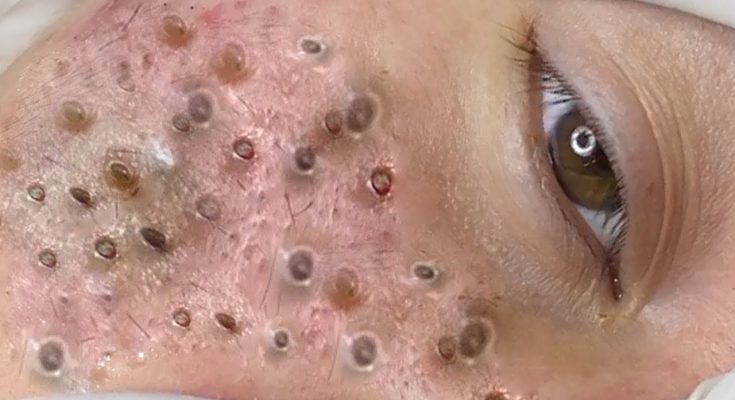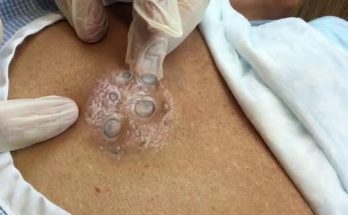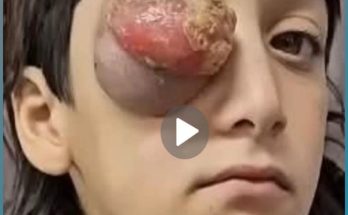Popping pimples is generally discouraged, as it can lead to more irritation, scarring, and even infection. However, if you feel the urge to pop, it’s important to know which types of pimples are safer to pop and which should definitely be left alone.

Pimples You Shouldn’t Pop:
- Cystic Acne:
- Deep, painful, and often filled with pus, cystic acne is one of the most severe forms. Popping it can push bacteria and pus deeper into the skin, worsening inflammation and leading to scars.
- Nodules:
- These hard, painful bumps form deep under the skin and don’t come to a head. They should never be popped, as this can cause severe damage to the skin.
- Papules:
- Red, inflamed bumps without pus are not ready to be popped. Trying to pop these can lead to scarring and worsened inflammation.
- Blind Pimples:
- These painful, inflamed bumps sit deep beneath the surface and have no visible head. Squeezing them can cause the contents to go deeper, increasing the risk of infection.
Pimples You Might Pop (With Caution):
- Whiteheads (Closed Comedones):
- These are small pimples with a white, pus-filled head. They can be popped if they are very close to the surface, but it’s essential to be gentle and hygienic. Clean the area with alcohol first, use a sterile needle or comedone extractor, and apply an antibacterial ointment afterward.
- Pustules:
- These have a white or yellowish pus-filled head. They can sometimes be popped safely if you see a fully formed head and the pimple is not deep or inflamed. Ensure you use sterile tools and disinfect the skin before and after.
Tips for Safe Popping:
- Wait until the pimple is ready (i.e., when it has a visible white or yellow head).
- Sterilize your hands and tools. Wash your hands thoroughly and use rubbing alcohol on the area and on any tools you may use.
- Be gentle. Don’t force the pimple to pop. If it doesn’t come out easily, leave it alone.
- Aftercare is key. Apply a spot treatment with benzoyl peroxide or salicylic acid to reduce the risk of infection and scarring.
It’s always better to consult with a dermatologist for chronic or severe acne issues. They can offer professional treatment options and advice on how to handle different types of acne safely.
Happy to Watch Full video here👇👇👇💝



